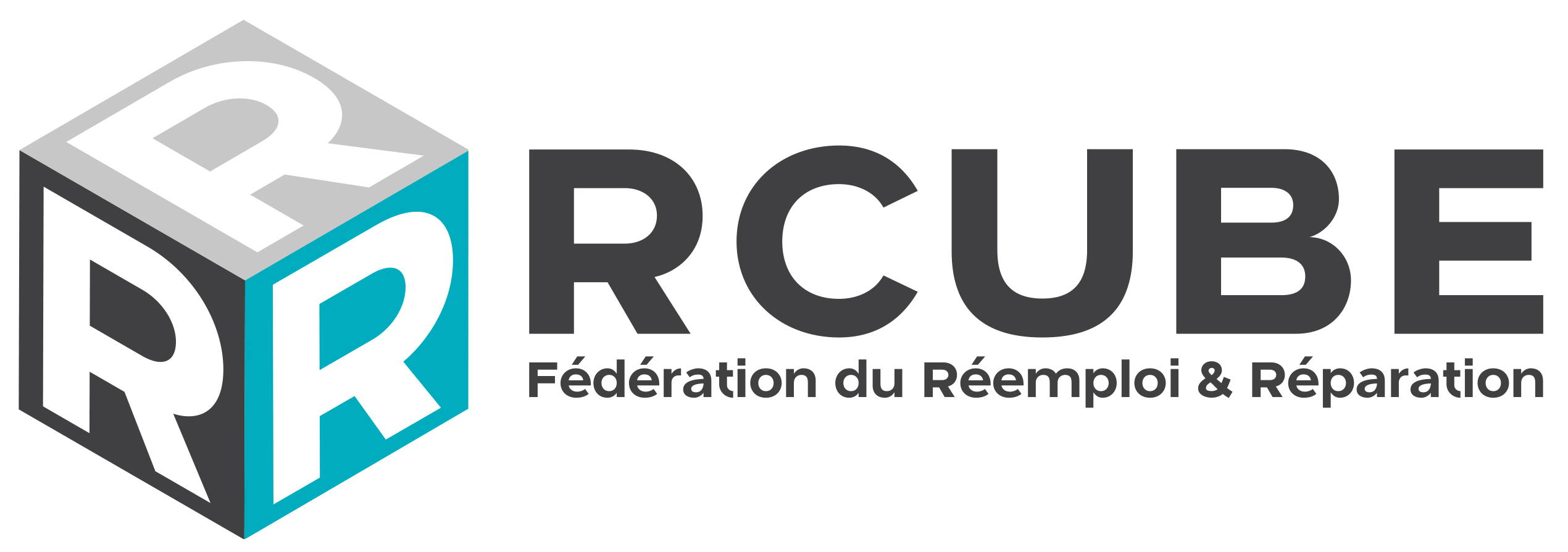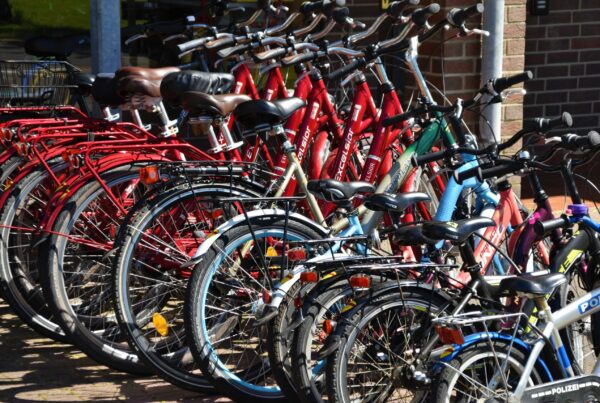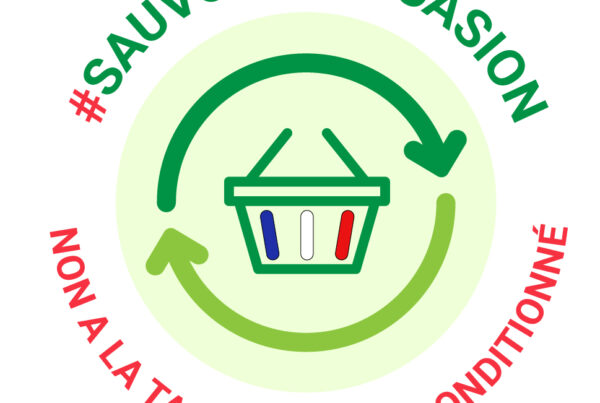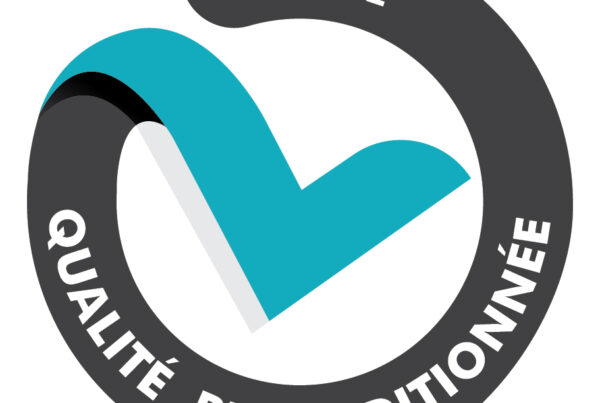RCube, the Fédération des Acteurs du Reuse et de la Réparation, is extending its action in favor of product life extension by creating a sector commission dedicated to Functional and Cooperative Economy models.
At a time when the volume of electronic waste is exploding for a limited recycling rate, and against a backdrop of a health crisis prompting manufacturers and distributors to rethink their production and distribution methods, RCube, a trade organization founded in 2012, is creating a new commission on the user economy with the aim of fostering the growth of new value-creating business models.
150 million tonnes of waste by 2040
"This is what awaits us if our production and consumption patterns don't change," says a report recently presented to Barbara Pompili by Jean-Louis Chaussade, Chairman of the SUEZ Group. Plastics, paper, metals... The volume of waste produced in France will continue to grow over the next twenty years. At the same time, the new law on the reparability index is being rolled out in a context where, according to ADEME, only 36% of French people repair their products.
The question of equipment durability, repairability and reuse is therefore fundamental to reducing waste production and optimizing resources. All the more so as numerous studies tend to estimate the annual growth of the2nd hand market in France at over 50% between now and 2022. For Benoît Varin, President of RCube and Co-founder of Recommerce, the leading refurbisher of electronic equipment including smartphones, "it's becoming important to structure ourselves collectively to build quality offers, be it the sale of labelled second-hand products or the provision of rental and subscription offers integrating packages of services". The Economy of Functionality, which focuses on usage without transferring ownership, requires companies to extend the lifespan of equipment for reasons of economic profitability. While these models deliver individual, environmental, economic and social benefits, they are also complex to implement. "We learn by walking. The Economy of Functionality is a model that inspires us to encourage the gradual implementation of more virtuous usage solutions," confides Benoît Varin.
Working for a sustainable, responsible and profitable user economy.
This is the mission set by the commission chaired by Jérôme Loison, CEO of SIMPEL and Cleodis, long-standing players in financing and asset management. For this expert in usage economics, while the professional market has reached a certain level of maturity, the consumer market is often constrained by linear models. And therein lies the difficulty: how to reconcile opposing business models, which has led some players to launch rental offers that can be likened to consumer credit, despite their desire to innovate with usage solutions.
However, according to Jérôme Loison, the use economy enables companies to meet their CSR challenges while recreating a permanent link with their customers. On the other hand, it requires a shift from a volume-based logic centered on the sale of products with unit margins, to the sale of solutions and useful effects with a more global value. This service economy also requires us to understand and coordinate a wide range of business expertise. " If one of our objectives is to understand the market and its prospects, our challenge is to co-construct best practices to encourage the penetration of offers that are useful and accessible for consumers, profitable for companies and environmentally sustainable" - Jérôme Loison.
Meeting the challenges of mobility, housing, leisure and childhood development.
One of the foundations of usage is to define users' overall needs, in order to build a bouquet of services and content around the use of a product. " In micro-mobility, my need is not to buy an electric scooter, but to save time and get from A to B safely, while minimizing my impact on the environment," confides Jérôme Loison. This prism requires companies to develop alliance strategies to provide a fair and comprehensive response, while managing all their internal and external actions.
Disruptive ten years ago, these models are now being studied by many brands. All that remains is to move from the test phase to industrialization. This culture of DOING is the driving force behind the committee of start-ups, SMEs and ETIs who have responded to RCube's call for a global response to the challenges of the use economy. Among these companies is Décathlon , which is testing various rental offers, particularly in the field of mobility. Hyper-growth structures round out the expertise. ZIQY (a subscription management platform used by Bocage and Norauto), Meelo (a fraud and non-payment risk prevention and management solution used by Boulanger), the Commown cooperative (a pioneer in EFC for responsible consumer electronics products), Co Recyclage (collection and reuse of corporate furniture and equipment) and Pandobac (an expert in packaging reuse systems). MOOM, (a platform enabling brands to analyze the life cycle of their products and individuals to benefit from solutions dedicated to the circular economy) and Pay4Use (operational consulting in rental and subscription) complete this1st round of financing. Supported by Recommerce, SIMPEL and Cleodis, the committee is also working with GSM Master, a training organization specializing in the reuse sector, to develop specific training courses.
About RCube
A trade federation founded in 2012, RCube is made up of members brought together to reduce waste, waste, promote reuse, repair and enable the reuse of equipment and resources. on resource optimization issues. RCube works to ensure the professionalization and development of its members by improving their cohesion and visibility, representing them to external bodies, encouraging collaboration and experimentation with the various players in the socio-economic arena, and mobilizing them around innovative, unifying projects. Among the fund projects piloted by the Federation, the "Product Refurbished, Quality" label, verified by DEKRA, is supported and delivered by RCube. This is the 1st European label to guarantee the quality of used products. RCube was recently appointed by the French Ministry of Ecological Transition to the inter-sector commission on Extended Producer Responsibility.
Link to pdf document : Rcube press release: Economy of Functionality and Cooperation





